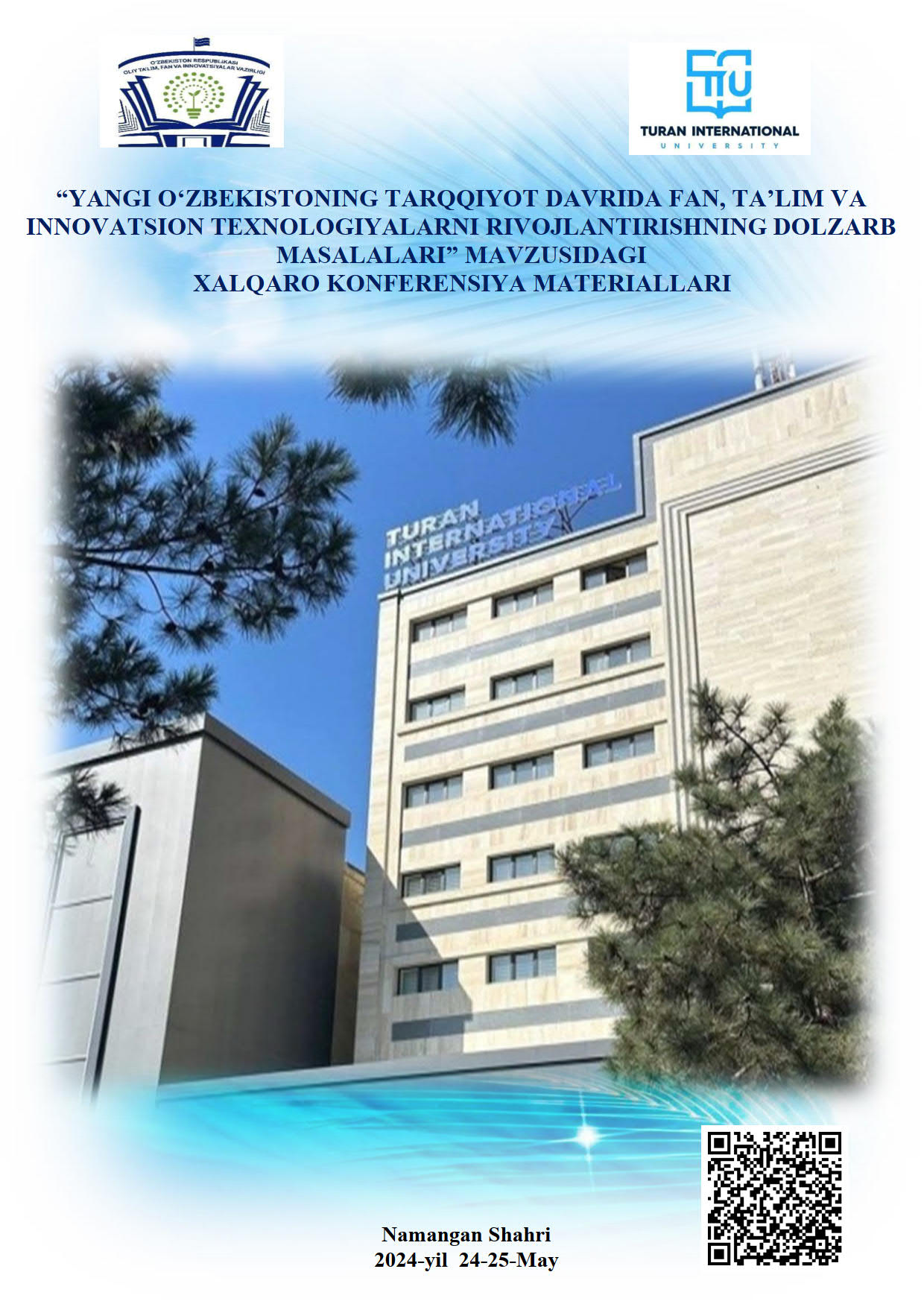APPLICATION OF MACHINE LEARNING ALGORITHMS ON ECONOMICAL PROCESSES
Abstract
This study explores the integration of machine learning (ML) algorithms into economic processes, emphasizing their role in forecasting trends, assessing risks, and drivinginnovation. Drawing from recent advancements and methodological insights, the research demonstrates the efficacy of diverse ML techniques, including linear regression, random forest, gradient boosting, and deep learning models. The study showcases the predictive accuracy of these models across various economic domains through rigorous data collection, preprocessing, modelselection, and evaluation.
Keywords:
Machine learning algorithms, economic processes, forecasting, risk assessment,data-driven intelligence, deep learning models, model interpretation.References
Teddy Lazebnik, T. F.-R. (2023). Benchmarking Biologically-Inspired Automatic Machine Learning for Economic Tasks. Sustainability.
Saeed Nosratabadi, Amirhosein Mosavi, Puhong Duan, Pedram Ghamisi ,Ferdinand Filip, Shahab S. Band , Uwe Reuter , Joao Gama , Amir H. Gandomi. (2020). Mathematics.
Sarker, I. H. (2021). Machine Learning: Algorithms, Real World Applications, and Research Directions. SN Computer Science, 160-180.
Downloads
Published
How to Cite
Issue
Section
License
Copyright (c) 2024 Akhmadkhon Azibaev

This work is licensed under a Creative Commons Attribution 4.0 International License.

